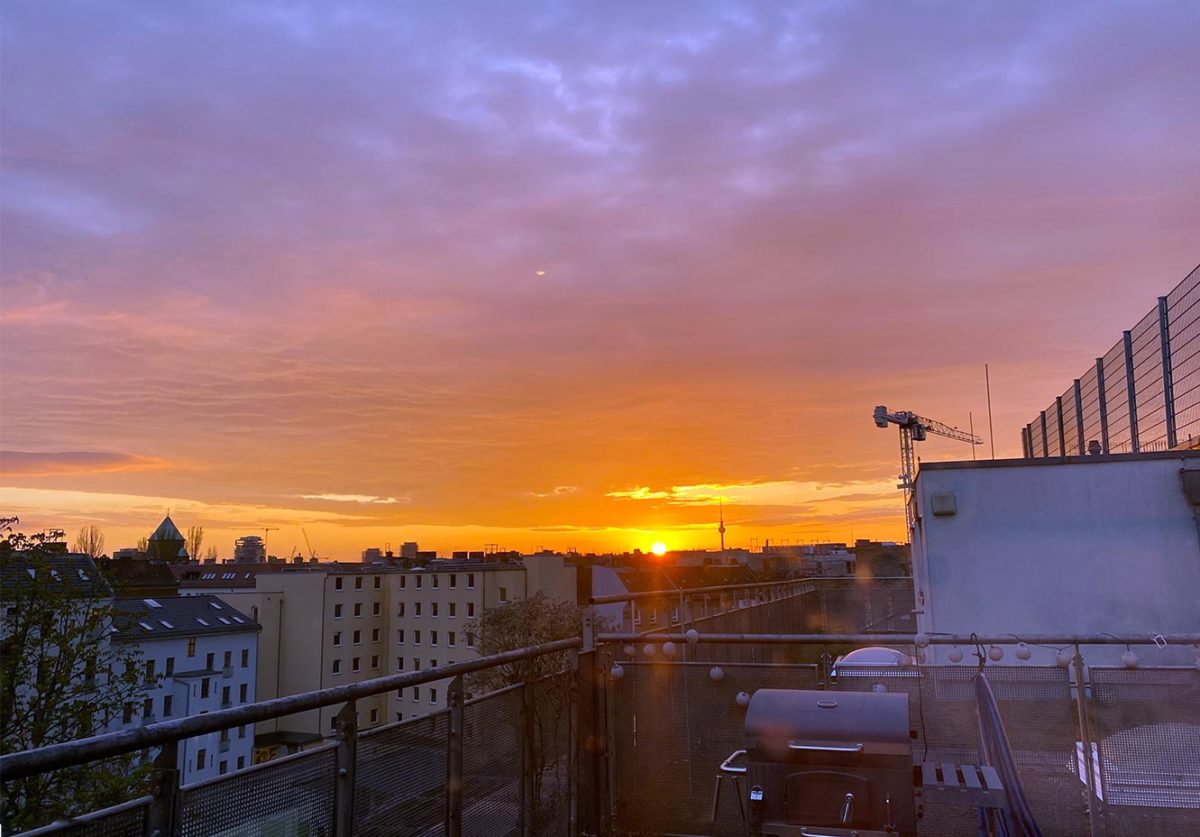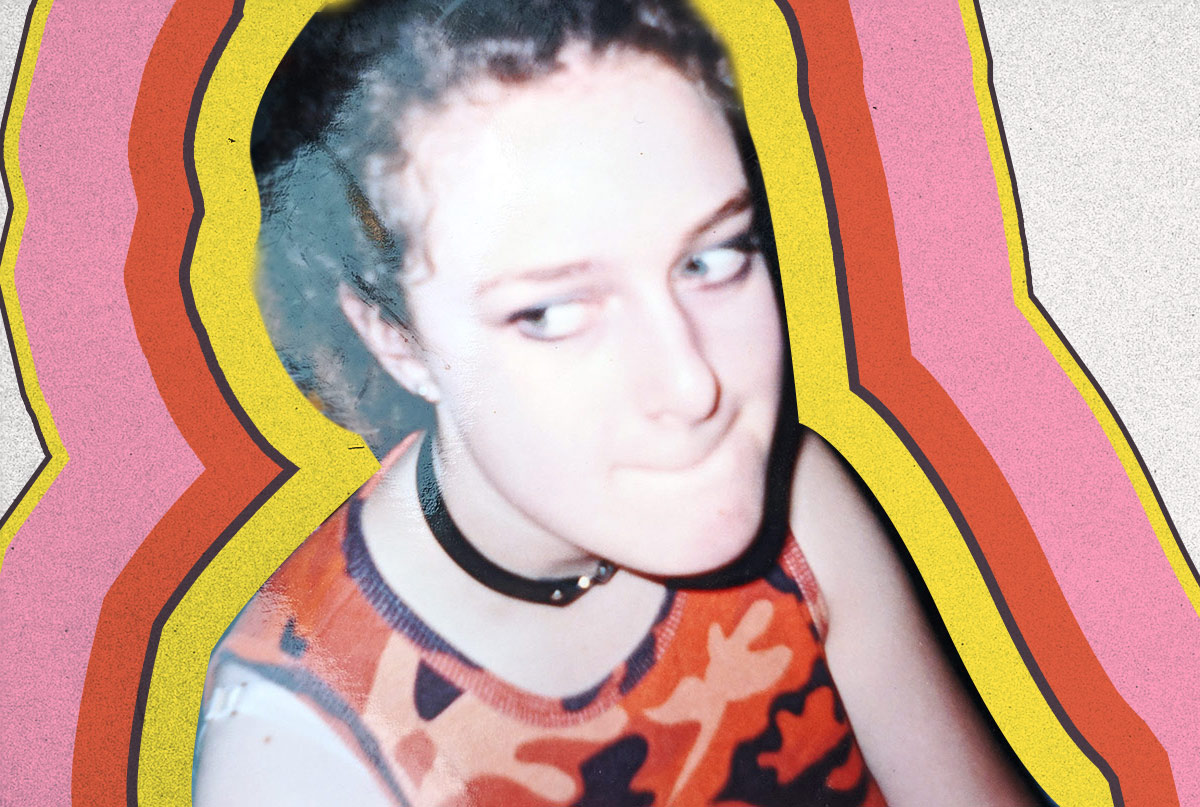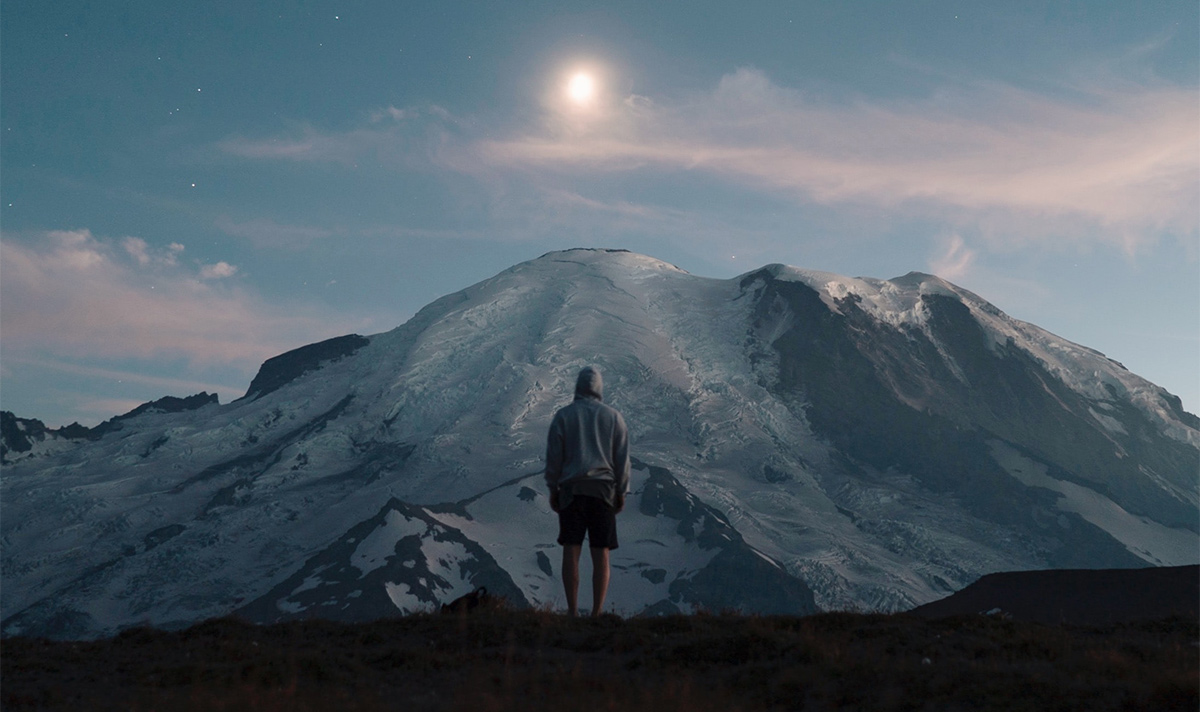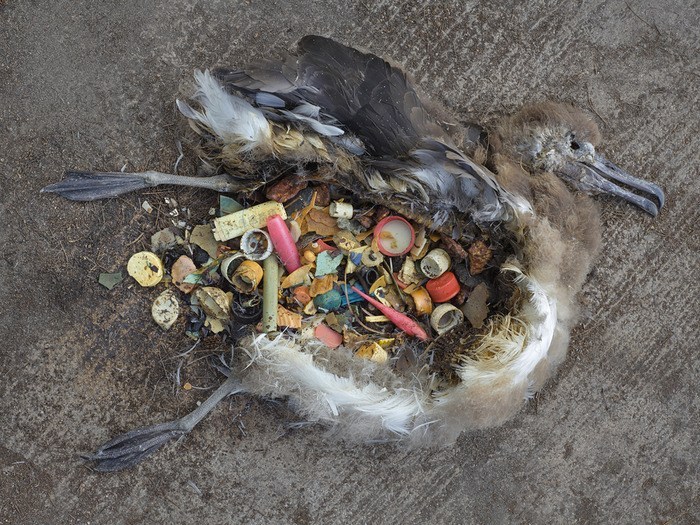Several years ago, I found myself in the predicament of being unable to read nonfiction books. I could, of course, read the words just fine, but the act of sitting and reading one page after another stirred an overwhelming anxiety: I knew so little and learning took so long. Each sentence I read was a tiny drop in a bucket the size of a rapidly expanding universe (a metaphor which reminded me of astrophysics, another subject I’d like to learn, but how long would that take???). Turning each page felt like confronting the utter meaninglessness and pointlessness of my small, stupid existence.
So I’d shut the book and walk away.
When I realized I was stuck in a self-reinforcing cage of ignorance, I became motivated to overcome it. I decided that, no matter what, I would read for 30 minutes every day for a month. As a visual reminder of my commitment, I got a calendar and crossed a big X through each day after completing the reading.
And even though reading was still uncomfortable for the first few times, I got through my resistance pretty quickly. I stopped paying attention to my universe of ignorance and instead started paying attention to all the exciting new ideas rushing into my awareness.
The first book I read during this month was The Power of Habit. In it, Charles Duhigg argues that we have limited conscious attention and willpower to make decisions, thus the majority of what we do every day happens out of habit. He concludes that if we use our limited willpower to create our habits, we can effectively program our lives.
I was sold.
The author suggested you could form a habit in 30 days, so I got a big calendar that showed all 12 months at once. I made a list of 12 habits I’d like to adopt and chose one new habit for each month. And then I sat back to install 12 new habits, easy as crossing one day off after the next.
But… it didn’t work like that. Meditation didn’t stick around long once the 30 days were up. Journaling, gratitude, avoiding sugar… these too quickly evaporated from my life once I moved onto my next pet habit.
In fact, the only habit that stuck around from that year was my first habit: reading. But… that’s ok, reading has been a pretty great habit. Heck, if I could adopt one new habit every year as helpful as reading, I’d be thrilled.
But still, what happened with those other habits—why didn’t they stick?
The Power of Habit prescribes a cue, habit, reward formula. Cue is what reminds you to perform the habit. Then, after performing the habit, you’re supposed to get some reward to incentivize you to repeat the habit again. Y’know, like training dogs.
I peered into how that model was at play in my successful reading habit:
In my month of 30 minutes of reading per day, I had been quick to find a hack: audiobooks. If I just put audiobooks on while driving, I didn’t have to change anything else in my life to meet my reading time quota. Were audiobooks as nerd-sexy as the physical variety? Definitely not. But, whatever worked.
And worked it did. Quickly I found myself listening anytime I feasibly could—walking, driving, cooking, eating meals, cleaning.
So the cue for my reading habit was being a situation where my body was occupied with a task but my attention was free.
I didn’t need to ladle out treats after each reading session—the reward was intrinsic in the reading itself. Every time I read I would be rewarded by shiny, new fun ideas in my head. (This echoes Naval’s advice that, to build the habit of reading, you should read whatever you are most interested in, even if that means beginning by reading trashy novels. He advises to build up a sense of enjoyment of reading, so skip anything boring or tedious, and never feel compelled to finish anything.)
In the charmingly anecdotal Better Than Before, Gretchen Rubin argues that you should never use extrinsic rewards to reinforce habits. From my own experience, I have found this to be very true:
One evening in high school, after reading something about using rewards to get yourself to do something, I ate a bowl of ice cream to prod myself into cramming for a pre-calc exam. Fast forward 15 years and I’m still unravelling the compulsion to pair the endorphin rush of a sugar high with tackling tough work. Looking back, I wish I would have instead committed to just 20 minutes of study (“it’s just 20 minutes, after that I can take a break”), set a timer, and afterwards reward myself by reflecting on how good it feels having faced a challenge head-on.
So when I was recently building a habit of regularly hitting the gym, I looked at how to build in a reward that would keep me hooked on the habit. I knew I didn’t want an extrinsic reward of, say, a smoothie at the end. So instead, when I was leaving the gym I would consciously think positive and affirming things. Like, “Wow, look how on top of things I am. Most of my life I’ve struggled to regularly work out, but here I am. Things must be going well.” So the reward became my feeling positive about my ability to achieve my hopes for my life, which was far more motivating than any treat. This reward also helped motivate me to go to the gym when I was tired or grumpy: I knew I would feel better after going.
The other thing that helped me form a gym habit was not making it too hard. Previously I tried to start an exercise habit by jumping into high-intensity programs that I would participate in with maximum enthusiasm until I overexerted myself and had to drop out due to injury or just having run out of enthusiasm for intense unpleasant experiences.
So this time I instead decided that I was forming a habit of going to the gym for the rest of my life. Because it was a lifetime habit, the intensity of any one workout didn’t really matter—what mattered was that I enjoyed going to the gym and that I worked out in a sustainable fashion. The goal became not to have a great workout but to just show up. My workouts weren’t efficient, I wasn’t getting ripped, but I was enjoying myself and coming back. And 20 years of consistent easy workouts will do me better than 20 years of occasional intense exercise. And so working out became less about the workout and more about the habit of arriving at the gym even if I didn’t feel like it.
This focus on the long view made me realize: I don’t want to focus on short-term behavioral change. I don’t want to do a Whole 30 or a sober October. I don’t want to prepare for a marathon or lose 10 pounds for a wedding. I don’t want to do anything where I use short-term enthusiasm for a short-term result. I want to use every ounce of my enthusiasm for better behavior to build permanent automatic daily actions.
Like with building the habit of meditation:
The day after completing my first 10-day Vipassana retreat, I committed to sitting for 45 minutes each morning and evening. I sat silent and virtuous, confident that my devoted meditation practice would become the calm groundedness I would build a meaningful life upon.
This routine lasted for a whole (very lovely) 1.5 days.
So when I took up meditation again, I took it up with the view of making it a forever habit. I decided that I meditate because I always meditate. If I stopped the habit, I would just start it back up again as soon as I noticed, just like how in meditation you come back to the object of meditation whenever you find yourself lost in thought. And instead of 45 minutes, I aimed for just 5 minutes. After all, unlike 45 minutes, I really can’t argue that I don’t have 5 minutes.
Interestingly, with the attitude of lifelong commitment, I finally started seeing benefits from my meditation practice. I started “waking up” in my everyday life. I would find myself standing in the kitchen drying my hands and I would just start watching, quietly observing. Or I would find myself in a surge of emotion and step back and watch my breath, waiting for the storm to pass. And one morning I felt an overwhelming sense of peace wash over me. I could see how one could remain calm and peaceful even as the world goes to hell. This was the peace described in all those books on meditation I had read in lieu of actually meditating.
I see habits now as a lifelong practice: Pick the habits you want to cultivate and do your best to water them every day. If you stray from your habits, come back and begin at them again, because they reflect your values and your values are always there, an endless source of enthusiasm for the activities that best reflect your authentic self.





